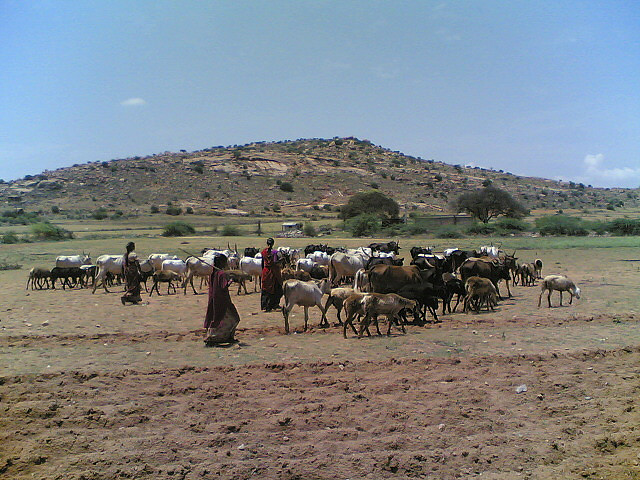 If you liked what investment bankers and hedge-fund managers did to our economy in recent years, you’re going to love what water banks are doing to our ecosystem. The same, time-tested methods are in play: unleash unrestrained greed on a commodity that everyone needs in order to make obscene profits from it while destroying it. This new chapter in the Tragedy of the Commons sounds perfectly reasonable, with respectable water banks working to smooth out the vagaries of nature. But let’s try calling it by its proper name: hoarding.
If you liked what investment bankers and hedge-fund managers did to our economy in recent years, you’re going to love what water banks are doing to our ecosystem. The same, time-tested methods are in play: unleash unrestrained greed on a commodity that everyone needs in order to make obscene profits from it while destroying it. This new chapter in the Tragedy of the Commons sounds perfectly reasonable, with respectable water banks working to smooth out the vagaries of nature. But let’s try calling it by its proper name: hoarding.
The tragedy of the commons is an observation of human nature with a long pedigree. Its core metaphor is the commons, a grazing area open to all who live around it. The tragedy is that each herdsman, left to his own devices, will put as many animals on the commons as he can afford or raise, increasing his own wealth until the commons is overgrazed and destroyed. This tragedy can be averted only if the herdsmen cooperate in some form and regulate themselves.
Water is a commons. The planet is mostly covered by water, and water runs though it, moving from highlands to low, shape-shifting from sea to cloud, storming, flooding, oozing and fogging in a vast hydrological cycle that makes life possible. Not so long ago, it was unthinkable that humans would presume to own, profit from and try to control such a wondrous thing, but then land ownership seemed equally bizarre to the native Americans of the 18th Century. “The white man wants to own the land,” a speaker at an Iroquois council marveled. “You cannot own the land, any more than you can own the air, or water.” Well, two out of three is pretty bad. (more)
No comments:
Post a Comment